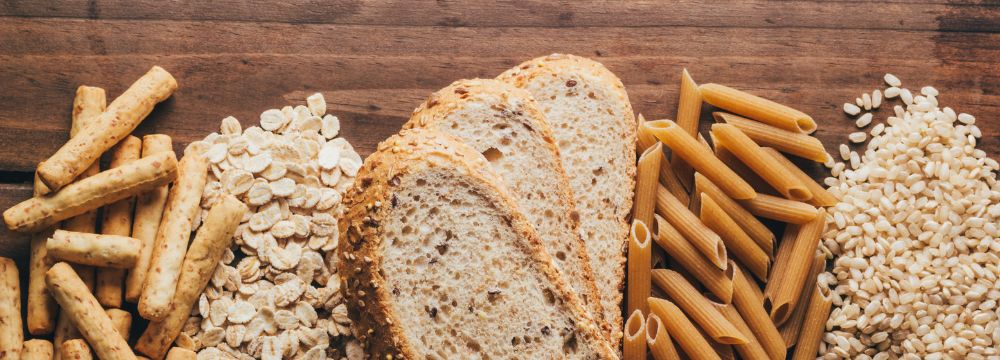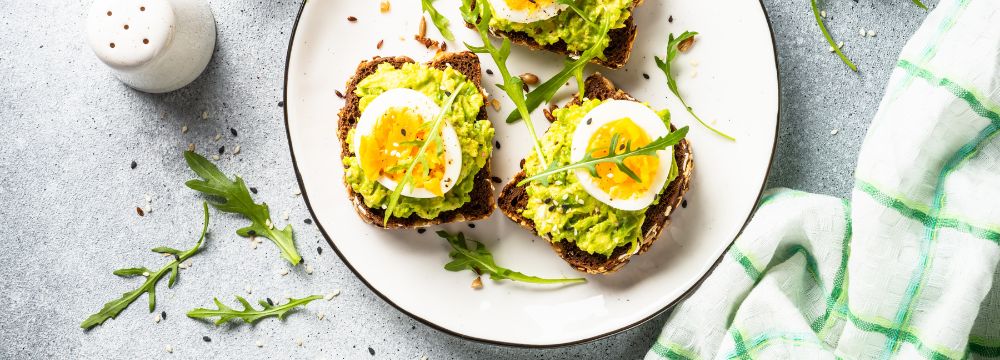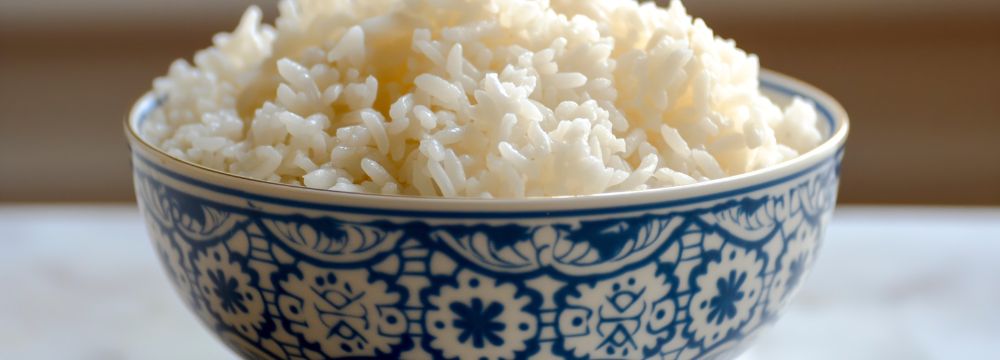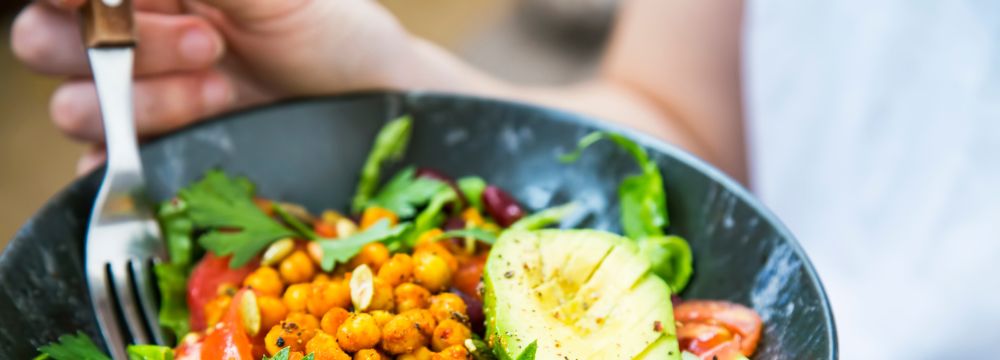
There’s no shortage of recipes or cookbooks out there, and as a bariatric surgery patient looking to expand your culinary horizons, you may be tempted to try quite a few of them. Many recipes tout their unique “tastes great and healthy for you!” qualities, while others guarantee weight loss using exotic “proven” techniques. We must dig a little deeper to understand exactly what we’re eating, how we’re eating it, and how it will ultimately affect our bodies.
Sugar Substitutes
There is a place in the bariatric diet for sugar substitutes. After all, refined sugar is one of the worst things to overeat when losing weight. However, there is a tendency to overuse sugar substitutes in compensation. The result is that we trick our bodies into eating more, and research is showing that sugar substitutes can work against your diet and even cause type-2 diabetes. Once again, in this case, it’s all about moderation. You will never be able to eliminate added sugar from your diet. As such, you might enjoy some sugary desserts occasionally but be sure to do so in minimal quantities. Similarly, drinks and foods with sugar substitutes should be consumed in moderation.
Extreme Diets
There is nothing more exciting than the promise of losing weight with a new and exotic diet. However, one of the main reasons diets fail is that they are too drastic and unsustainable. Similarly, exotic diets are tough to maintain because they change your eating patterns drastically. If you wish to embark on one of these diets, it is vital that you ease into it and not just start one without consulting your medical team first. You also must remember that caloric and nutritional intake are significantly curtailed after bariatric surgery. This means that extreme diets may increase the chance of a nutritional deficiency.
The Side Dishes
You may think that enjoying grilled chicken breast is the best thing you can do for your diet. You may have a small sweet potato or some steamed broccoli next to it. Even better! UNLESS the broccoli is doused in butter and the sweet potato covered in sour cream. It is easy to overlook these seemingly apparent pitfalls. Even the most vigilant of us can trip up sometimes.
Bottom Line
Ultimately, you, as a bariatric patient, have excellent resources within your surgeon’s practice, so use them. Not only does your post-bariatric surgery diet packet give you the nutritional and caloric guidance that you need to stay healthy, but your medical team’s dedication to your weight loss through nutritional consultations and support groups can assist with any questions you may have. The bottom line is that you must reduce saturated fats and simple carbohydrates while promoting your intake of lean, healthful proteins. Common sense diets, enjoyed in moderation, are the best way to achieve healthy, long-term weight loss success.









